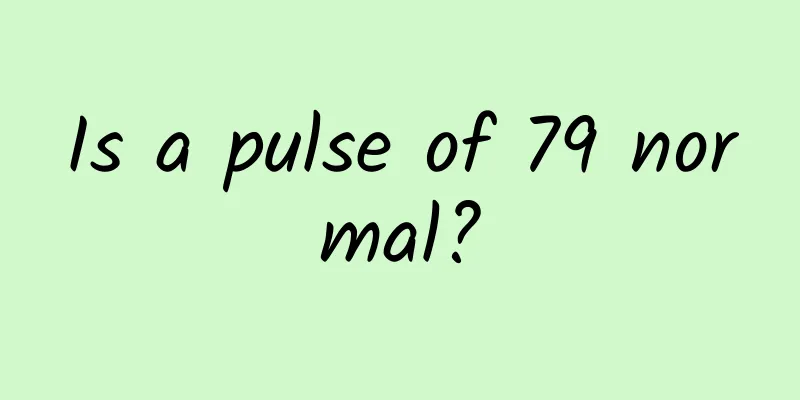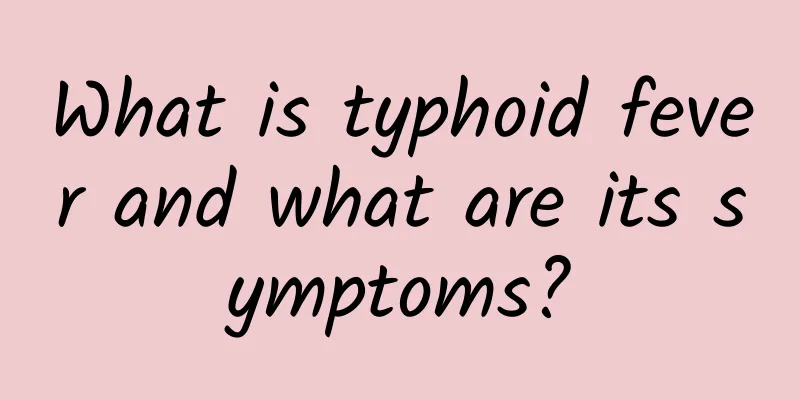What to do if you have bloating, chest tightness and shortness of breath? Diet is the key

|
Sometimes, people may feel chest tightness, shortness of breath, and stomach bloating in a depressing environment. What should they do? Generally speaking, chest tightness may be caused by functional or pathological reasons. The treatment for chest tightness should start with daily diet. 1. Causes of chest tightness1: Functional chest tightness (i.e. chest tightness without organic disease): Staying in a room with closed doors and windows and poor air circulation for a long time, or encountering some unpleasant things, or even having quarrels or disputes with others, or being in a climate with low air pressure, often causes feelings of chest tightness and fatigue. After a short rest, opening windows for ventilation or going outside to breathe fresh air, relaxing your mind and regulating your emotions, you will soon return to normal. This type of chest tightness can be said to be functional chest tightness, and there is no need to worry or seek treatment. 2: Pathological chest tightness (i.e. chest tightness caused by organic lesions): Chest tightness can not only be physiological, but can also be caused by diseases of certain organs in the body, i.e. pathological chest tightness. like: 3: 1. Obstruction of respiratory tract: tumors in trachea and bronchus, tracheal stenosis, external pressure on trachea (thyroid enlargement, tumors in mediastinum); 2. Lung diseases: emphysema, bronchitis, asthma, atelectasis, pulmonary infarction, pneumothorax; 3. Heart diseases: certain congenital heart diseases, rheumatic heart valve diseases, coronary heart disease, heart tumors; 4. Diaphragmatic lesions: diaphragmatic bulging, diaphragmatic paralysis; 2. Five principles of dietary therapy1: Eat more foods that "remove dryness and moisten the lungs". The elderly usually choose foods that can strengthen the spleen, benefit the lungs, nourish the kidneys, regulate qi, and resolve phlegm, such as pork, beef, and sheep lungs, as well as loquat, orange, pear, lily, monk fruit, jujube, lotus seeds, almonds, walnuts, honey, white fungus, etc. They help to strengthen the physical fitness, have the effects of relieving cough, removing phlegm, relieving spasms, clearing away heat, and moistening the lungs, and play a certain role in preventing and treating chronic heart and lung diseases. 2: Eating “easy-to-digest” food often is bad for the heart. The elderly have decreased blood circulation, gastrointestinal tract congestion, and reduced digestion and absorption functions. Therefore, the food they eat should be easily digestible. 3: "Limit salt and low fat" Limiting sodium salt in daily diet can reduce the heart burden of the elderly, prevent heart failure, and avoid edema; it is advisable to consume less than 3 grams of salt per day, and eat less high-salt foods, such as pickles and preserved products. A low-fat diet is beneficial to the digestion of the elderly's stomach and intestines and reduces the burden on the gastrointestinal tract and heart; a high fat content can easily cause increased blood lipids and blood viscosity in the elderly, slow local blood flow, and aggravate heart and lung diseases. 4: "Balanced nutrition" focuses on ensuring adequate supply of calories, high-quality protein and vitamins, such as dairy protein, lean meat, fish, vegetables, fruits, etc. Vitamins A, B, C, etc. can protect the myocardium and are beneficial to the recovery of myocardial damage. 5: “Small meals, frequent meals” is the best way. Elderly people with poor heart condition should not eat too much to reduce excessive gastrointestinal fullness and diaphragm elevation after meals, and avoid increased heart workload. Dinner should be eaten early and should be light. Do not eat or drink much other food or water after dinner. 3: Chest tightness and shortness of breath often make people feelPalpitations, shortness of breath, precordial pain and general fatigue, etc., can also easily cause a variety of symptoms such as excitement, insomnia, sweating, trembling, dizziness and nightmares. For people who suffer from chest tightness and shortness of breath, in order to live a relaxed and comfortable life, in addition to seeking medical treatment, they should also pay attention to dietary therapy. |
>>: What to do when you feel chest tightness when angry? Try these 7 foods that soothe your stomach
Recommend
How to take care of your eyes, wrinkle removal and whitening are essential
Women's eyes need timely care, especially aft...
What should I do if there is a hole after the wisdom tooth is extracted?
The encyclopedia explains that wisdom teeth are t...
What should I do if I have signs of hemiplegia?
To prevent stroke, we must minimize the risk fact...
How to prevent hemorrhoids
Hemorrhoids are the most common anorectal disease...
Viral oral herpes
Viral oral herpes is often accompanied by fever, ...
Massage to regulate the spleen and stomach
The stomach is a very important organ to the huma...
How are calcifications formed?
Calcification points are actually the result of c...
Does cervical spondylosis cause headaches?
In real life, we often hear many people talking a...
What is ejaculation during sleep?
Ejaculation during sleep is a type of nocturnal e...
Fresh Cordyceps
In winter, Cordyceps flowers are used to make sou...
How much is castor beans per pound?
Castor is a woody plant of the Euphorbiaceae fami...
How to take care of the baby after caesarean section in summer
We all know that many women do not like to give b...
The correct way to compress the ligament
Dancers and athletes often face the training meth...
What is the prognosis of cerebral infarction?
Cerebral infarction is a sudden brain disease tha...
Acute upper respiratory tract infection
Acute upper respiratory tract infection is a gene...









